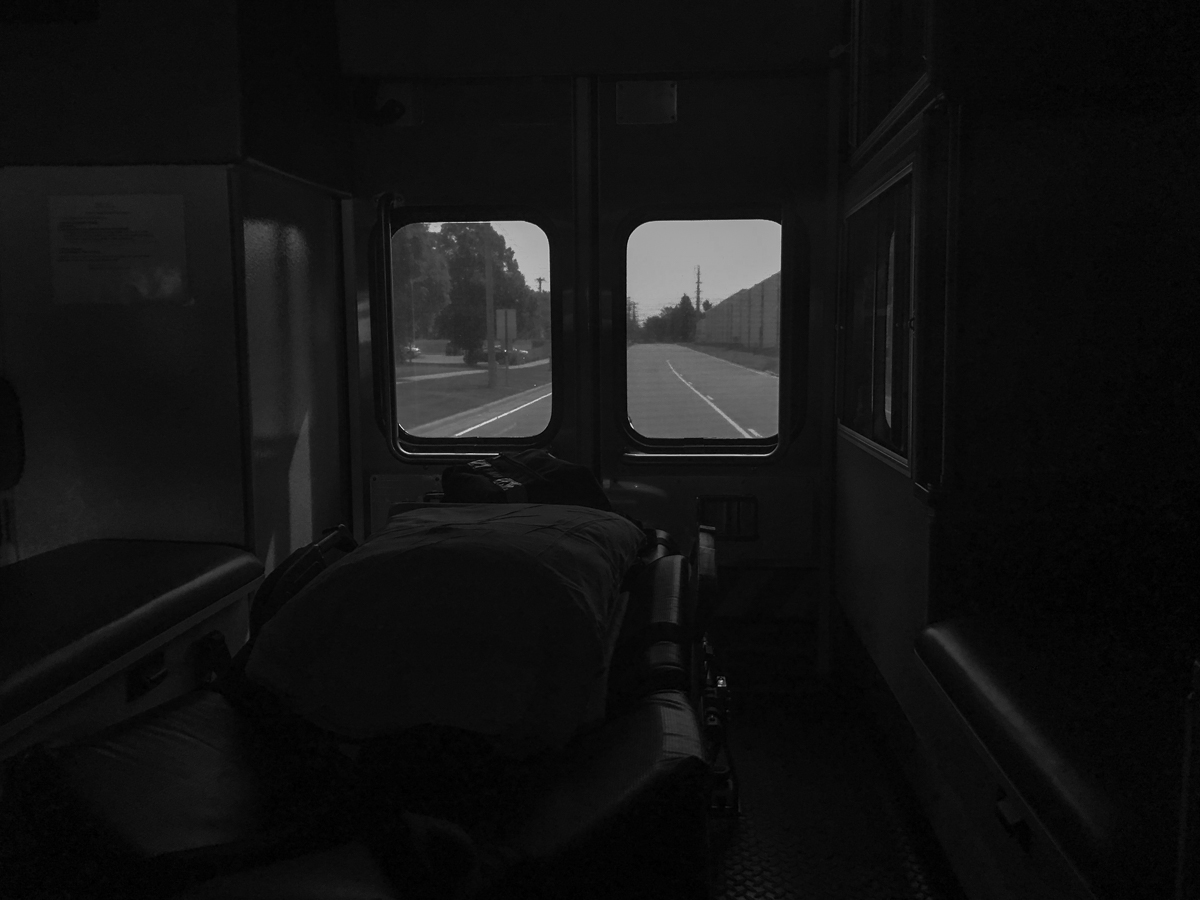In January I attended the Arrowhead EMS Conference and Expo, Minnesota’s largest EMS conference. Long before this, its 40th year, prehospital folks could simply refer to it as “Arrowhead.” Kind of like Prince. It takes place in Duluth, MN and caters to those in the northeast corner and east central portions of the state. There is typically a sizable contingent from the Metro (Minneapolis and St. Paul, nearly 200 hundred miles away).
This was my first year at Arrowhead. What struck me were the number of EMRs and EMTs in attendance. But then again, I wasn’t where Big City paramedics abound.
Acting as membership representative for both the Minnesota Ambulance Association and National Association of EMTs, I spoke with many volunteer EMRs. What became clear was better funded EMS systems we take for granted in the Metro. One common thread between urban and rural factions is the apathy towards legislative impact. But I digress.
~~~
For those unaware, EMRs or Emergency Medical Responders, are the base level of the prehospital system of response. These men and women have basic knowledge of life saving skills. Essentially, they open airways, perform CPR, protect patients from further harm (risking their own lives to extricate victims), and assist us with more advanced training.
What super rural EMRs go through really hit home. Call this my exposure to a world outside large, urban paid EMS.
What I learned came during a breakout session. Most EMRs drive upwards of 45 minutes to a scene. Add to that from home in their personal vehicle. What 15 person volunteer fire department could afford a take-home duty vehicle? They then provide care alone for various amounts of time. Many face having to perform CPR through coordination with family… or by themselves due to inability or reluctance of others on scene. Being closer than a deputy, they risk entering scenes not advertised as potentially hostile. The list went on. And my appreciation grew.
For context, the first scenario we waded through involved a snowmobile rider who hit a tree. One mile deep on groomed trails, the sole EMR first to arrive had to find a ride to the patient. This event was in a state forest, outside range of 800 mHz radios, let alone cell phone service. A question about satellite phones was countered with one asking who would fund it? As this single EMR assessed patients, the victim’s friend was distraught and provided more problems than assistance. Additionally, snowmobiles zipped by, unaware of the crash. About 20 minutes elapsed before more EMRs reached the scene and 30 minutes beyond that for the closes paramedic ambulance.
Egress was complicated due to distance. Both out to the ambulance, which could not get as close as the first arriving EMR’s personal vehicle and then to the landing zone for the helicopter (approximately 11 miles farther).
They enlisted citizen snowmobile riders to cart out the unresponsive patient on a long backboard. More accustomed to redlining it, these volunteer snowmobile riders had to go slow enough to allow others to walk next to the ride. Well-rehearsed plans to meet the helicopter at one of 7 camping/picnic sites was out of the question. Such a plan was reserved for summertime. Currently, the roads and sites were buried deep under snow.
In the real event, the EMR running the breakout stated patient contact time was about four hours. Logistics, problem-solving, life sustaining efforts are commonly shouldered by these volunteers who form an essential component of EMS.
~~~
There was no ulterior motive behind this post. I simply wanted to express my amazement at these unsung heroes we in major metropolitan regions rarely consider. But how many of us go camping in a state park; drive through remote areas of any state on a family vacation; or even respond as an air ambulance crew to a location hours from a level two trauma center?
This story is one of a million that happen annually across these United States, held together by a network of volunteer EMRs. It isn’t even a personal story; yet it made such an impact, I feel as if I was there. [We cannot discount the scenario-based learning for immersion!]. To EMRs who serve your communities and risking life and limb to do so. Thank you.
